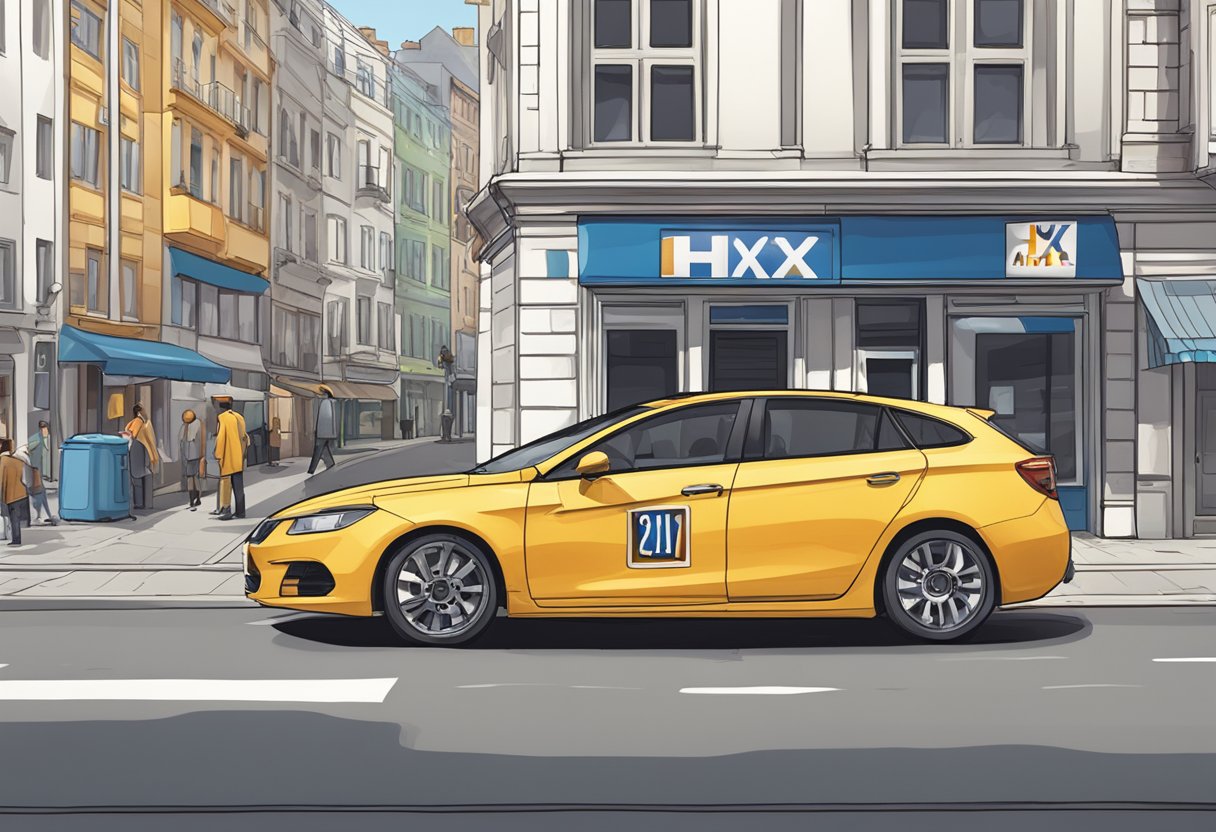The Evolution and Future of China EV Cars: What You Need to Know
As the global automotive industry pivots towards electric vehicles (EVs), China stands at the forefront of this evolution. In this article, we delve into the specifics of China EV cars, exploring the latest trends, government policies, and what the future holds for electric mobility in the country. Discover the answers to pressing questions about China’s electric vehicle landscape.

Understanding China EV Cars
China has emerged as a powerhouse in the electric vehicle market, with numerous manufacturers, innovative technologies, and government backing driving the evolution of China EV cars. As consumers and environmental concerns increasingly lean towards sustainable mobility, the growth of the EV sector in China has accelerated at an unprecedented rate.
What Makes China the Leading Market for EV Cars?
China's dominance in the EV sector can be attributed to multiple factors:
- Government Incentives: The Chinese government provides various incentives, including subsidies, tax exemptions, and favorable regulations, to promote EV adoption.
- Massive Consumer Base: With a population exceeding 1.4 billion, the demand for personal transportation, especially eco-friendly vehicles, is significant.
- Investment in Infrastructure: The Chinese government has heavily invested in EV infrastructure, such as charging stations, to support the growing number of electric vehicles on the road.
Which Chinese Companies Lead the EV Market?
In recent years, several Chinese companies have made headlines for their groundbreaking innovations in electric vehicles:
- BYD: One of the largest EV manufacturers globally, BYD has shifted its focus predominantly to electric vehicles and has a diverse range of models available for consumers.
- NIO: Known for its premium electric SUVs, NIO has pioneered battery-swapping technology, allowing drivers to replace depleted batteries in minutes.
- Xpeng Motors: This company focuses on integrating advanced technology into its vehicles, such as autonomous driving capabilities and smart connectivity features.
- Li Auto: A key player in the hybrid EV market, Li Auto offers vehicles that combine traditional engines with electric power to extend range.
What Are the Challenges Facing China’s EV Growth?
Despite the rapid growth of traditional EVs, several challenges remain:
- Battery Supply Chain: The reliance on global supply chains for lithium and cobalt presents risks, especially amid geopolitical tensions and fluctuating market prices.
- Competition from Global Brands: Traditional automotive giants have ramped up efforts to capture the Chinese EV market, posing stiff competition to local companies.
- Sustainability of Production: As production ramps up, concerns about the sustainability and environmental impact of battery production and disposal have become prevalent.
How Is China Preparing for EV Adoption by 2030?
China has set ambitious goals for the electric vehicle market, aiming for significant advancements by 2030:
- New Energy Vehicle (NEV) Policies: Chinese authorities have introduced policies mandating that NEV sales constitute 20% of total vehicular sales by 2025, shifting the landscape towards electric mobility.
- Investment in R&D: The government has increased funding for research and development in battery tech, aiming to lead in battery performance and safety.
- Charging Infrastructure Expansion: Plans are in motion to deploy even more charging stations to accommodate the rising number of EVs on the road.
What Role Do Consumers Play in Shaping the China EV Market?
Consumer preferences are shaping the direction of the EV market in China:
- Demand for Smart Features: Chinese consumers favor vehicles integrated with connectivity and smart tech, driving manufacturers to innovate in these areas.
- Brand Reputation: Consumers are becoming discerning, with brand reputation playing a critical role in their purchasing decisions, pushing companies towards higher quality and service standards.
- Environmental Awareness: An increasing awareness of environmental issues is influencing purchasing choices towards sustainable options, boosting EV sales.
Looking Ahead: What’s Next for China EV Cars?
A plethora of trends indicates that the future of China EV cars is bright:
- Advancements in Autonomous Driving: With ongoing investments, the deployment of fully autonomous vehicles could revolutionize urban mobility in China.
- Growth in Battery Technologies: Future advancements in solid-state batteries and faster-charging technologies could further enhance EV adoption.
- Global Collaboration: As Chinese EV manufacturers expand globally, partnerships with foreign companies may lead to advancements in design, technology, and reach.
In conclusion, the future of China EV cars looks promising, with continued investment, innovation, and consumer interest driving the sector's growth. As the world moves towards sustainability, China is poised to lead the charge in electric mobility. Understanding the intricacies of this dynamic landscape is essential for anyone looking to invest or engage in the electric vehicle market.
New posts

Understanding the Model X Refresh: What You Need to Know
Tesla

Everything You Need to Know About the Xiaomi Car: Specs, Features, and Market Impact
Xiaomi

Understanding Model Y Wait Times: What to Expect in 2023
Tesla

Exploring AI Day at Tesla: Innovations, Insights, and Future Prospects
Tesla

Cathie Wood Latest: Insights into Her Investment Strategy and Market Moves
Investment

Exploring the Geely Radar RD6: All You Need to Know
Automotive

Understanding the Zeekr X Price: What You Need to Know
Electric Vehicles

Understanding the Tesla Model Y Performance: A Comprehensive Guide
Tesla

Exploring the Ford VW MEB Platform: A Deep Dive
Volkswagen

Exploring the Spaciousness of the Model Y Trunk Space: Everything You Need to Know
Tesla
Popular posts

Everything You Need to Know About NIO Registrations: A Comprehensive Guide
Sustainability

BYD Seal: Unraveling the Future of Electric Mobility
Sustainability

Unveiling the Xiaomi SU7 EV Lei: What You Need to Know
Xiaomi

Exploring the Ford VW MEB Platform: A Deep Dive
Volkswagen

Everything You Need to Know About Tesla EV: Questions Answered
Tesla

Unlocking the Future: BYD Solid State Battery Technology Explained
Innovation

Understanding NIO Pricing: A Comprehensive Breakdown
Electric Vehicles

Tesla Market Share: Current Trends and Future Projections
Tesla

What You Need to Know About Tesla FSD 12: Features, Advancements, and User Experiences
Innovation

Cathie Wood Latest: Insights into Her Investment Strategy and Market Moves
Investment